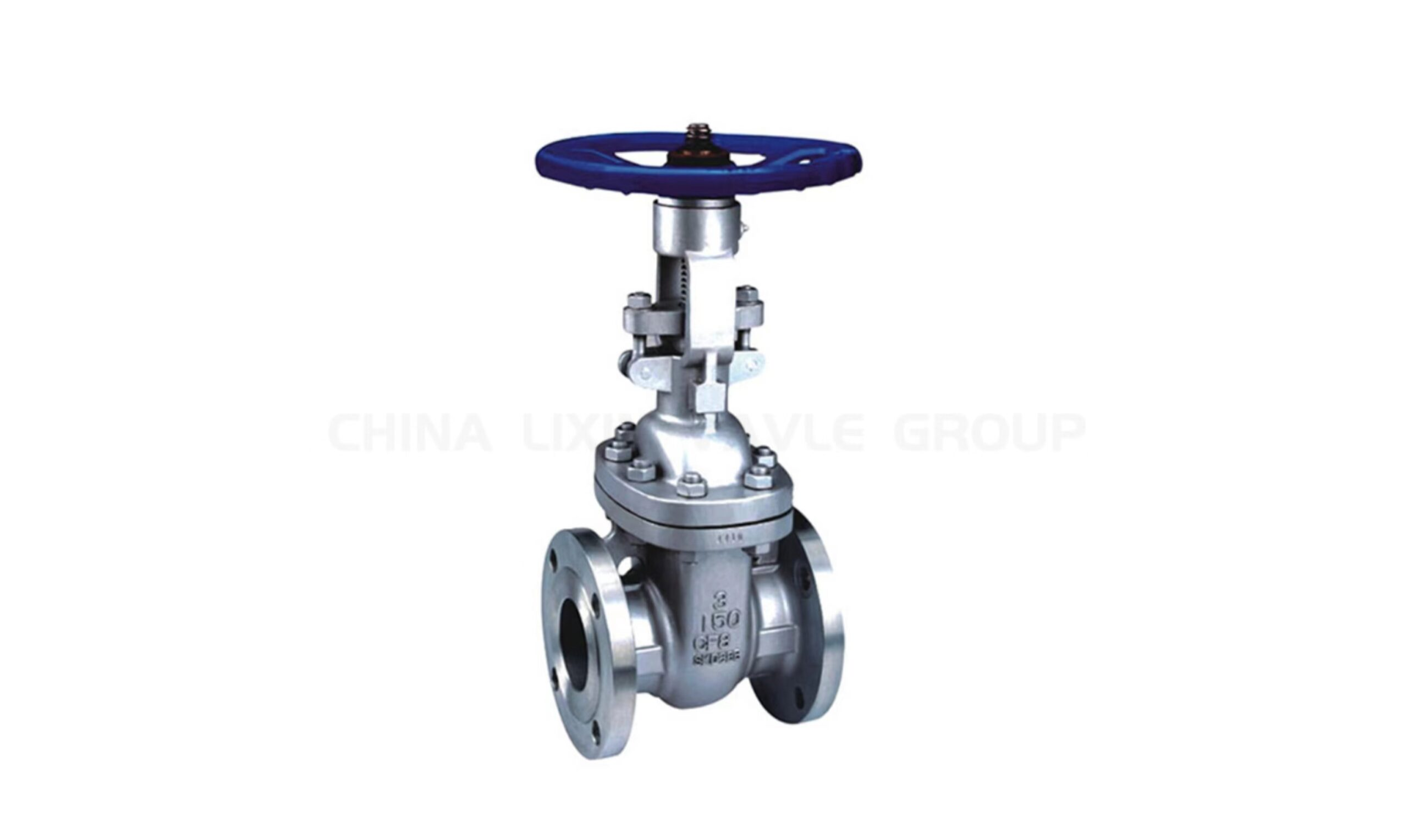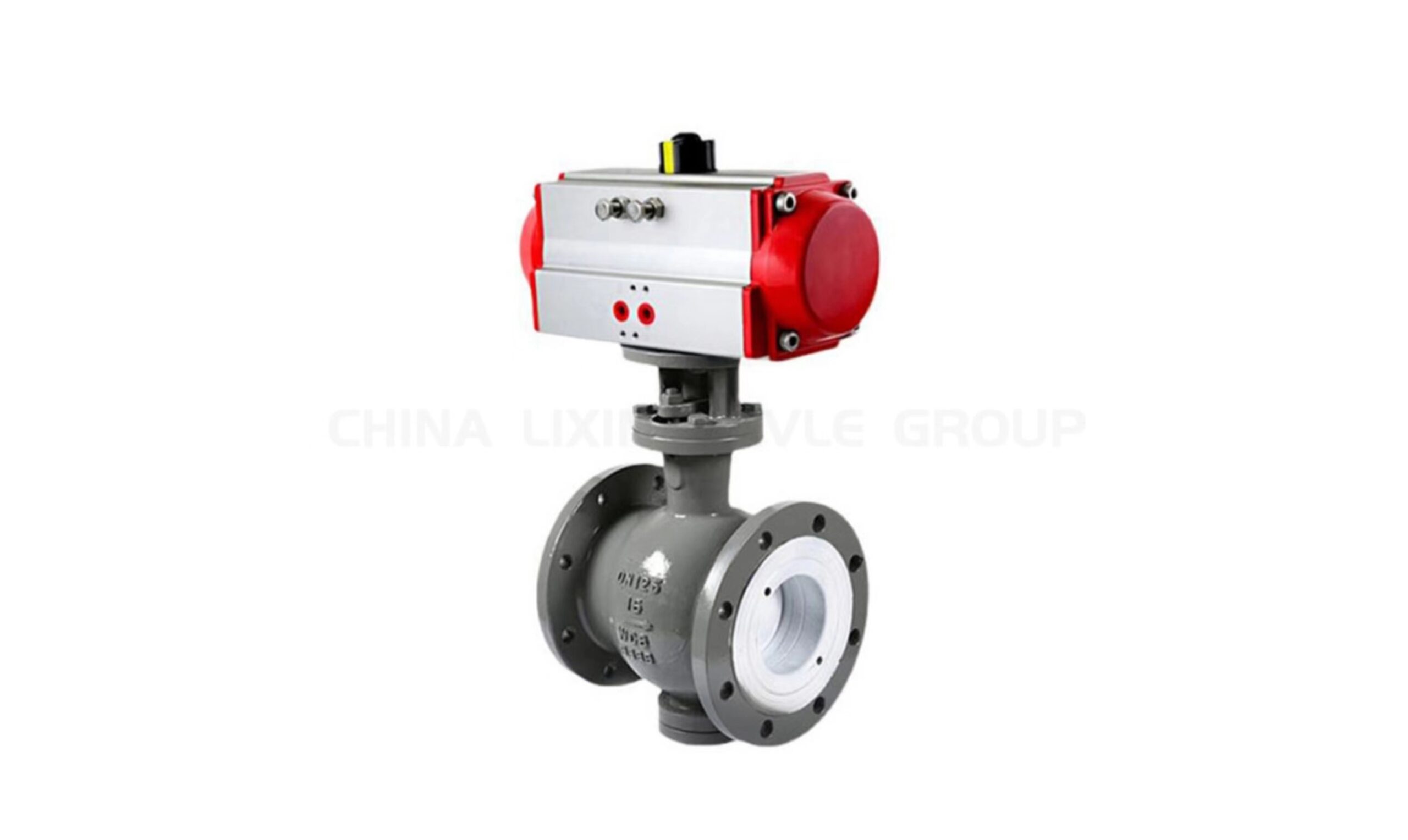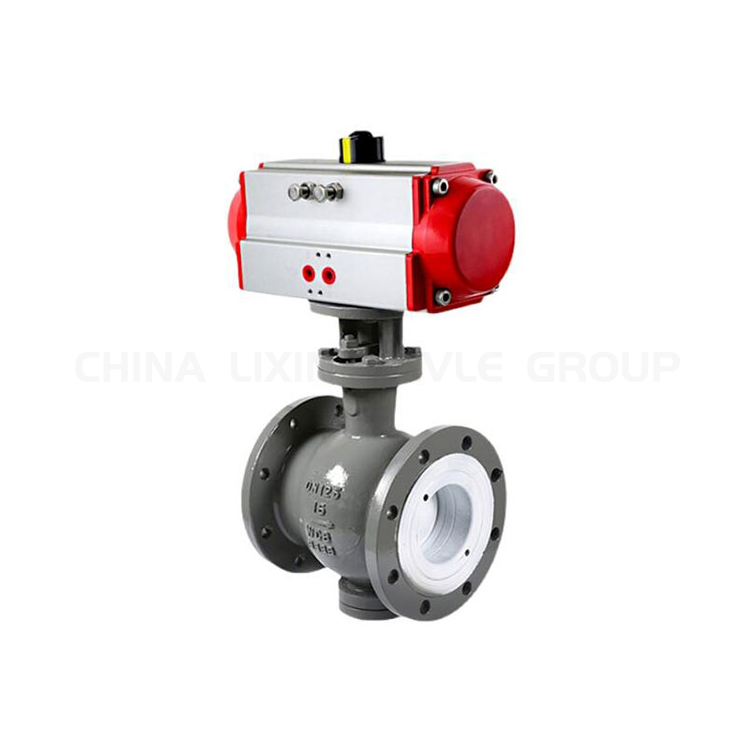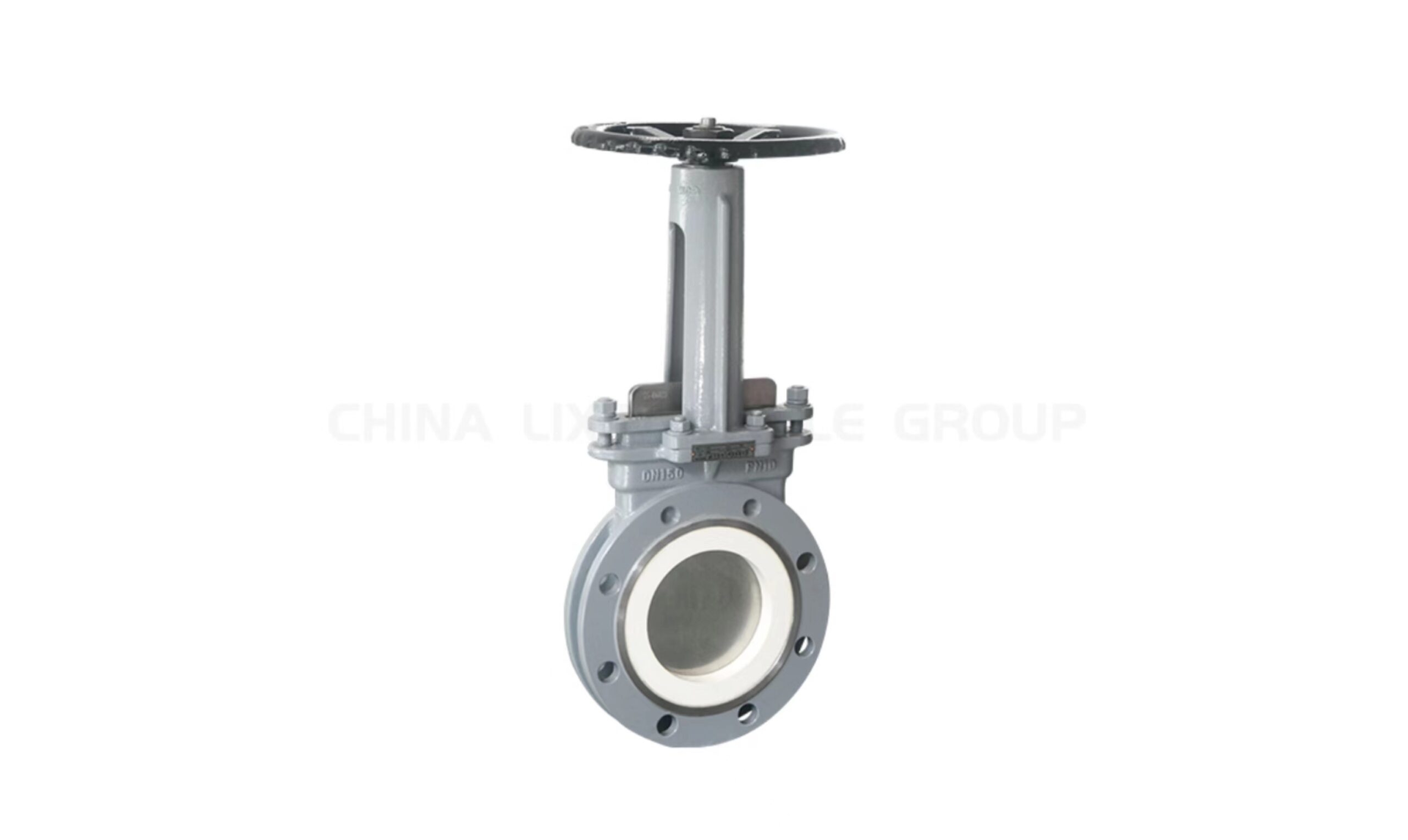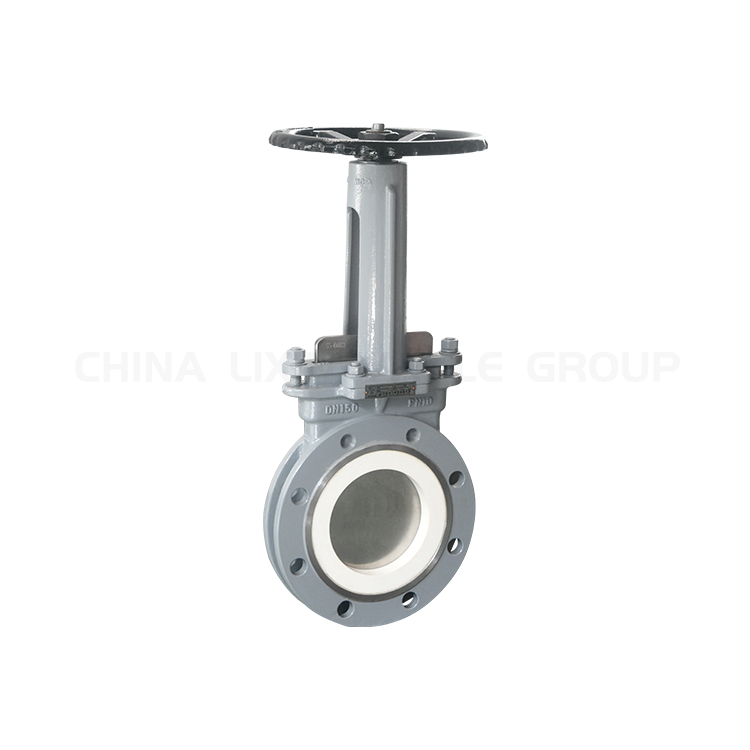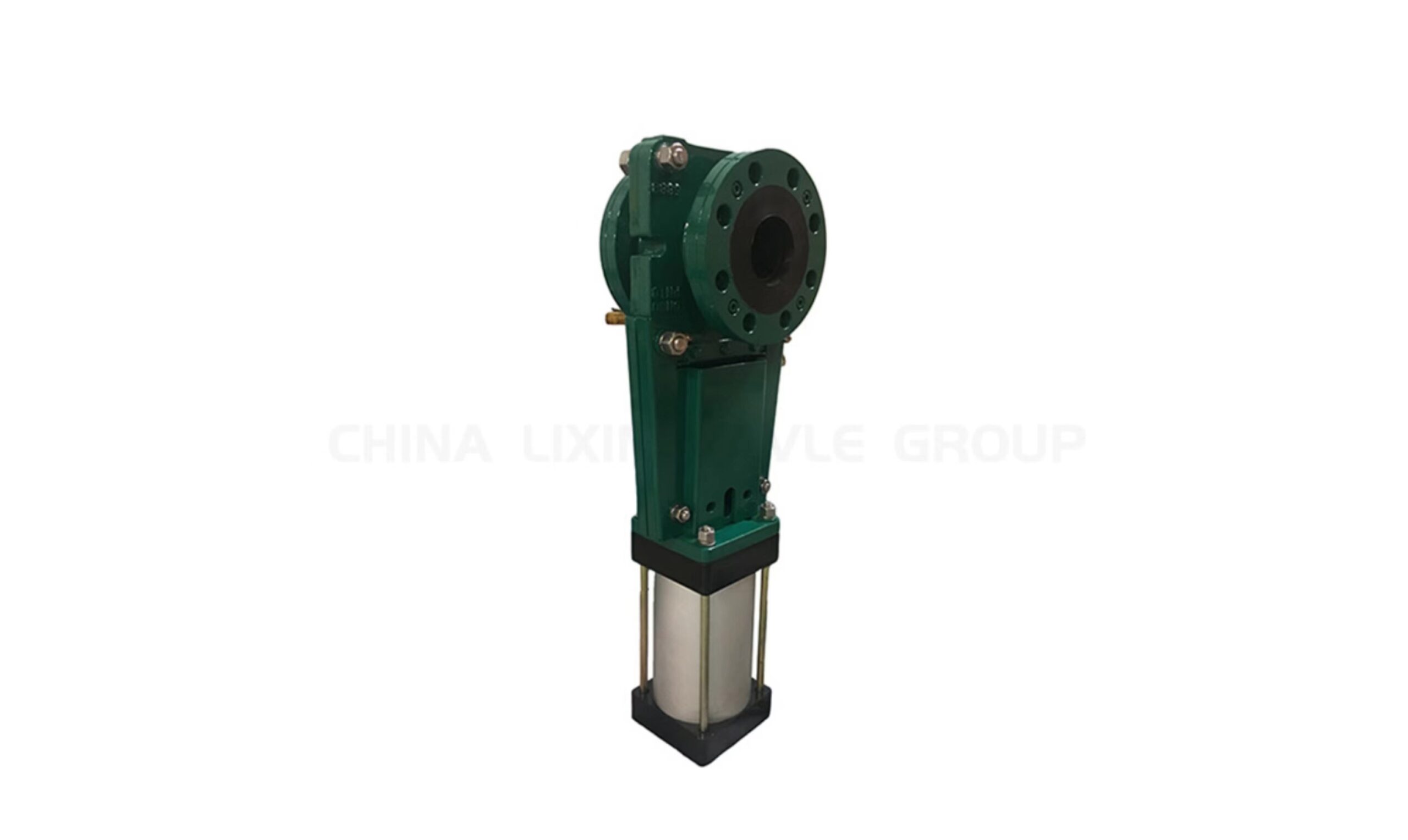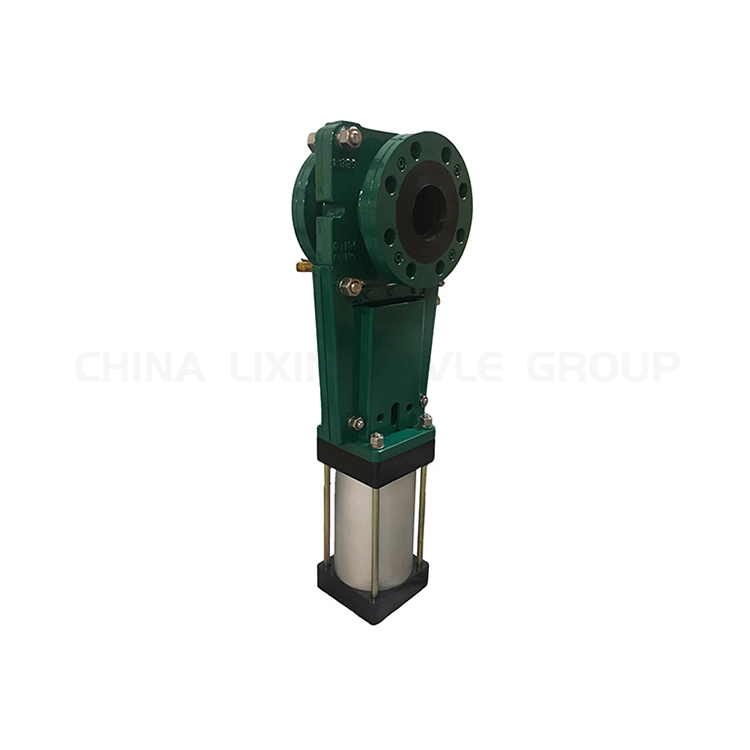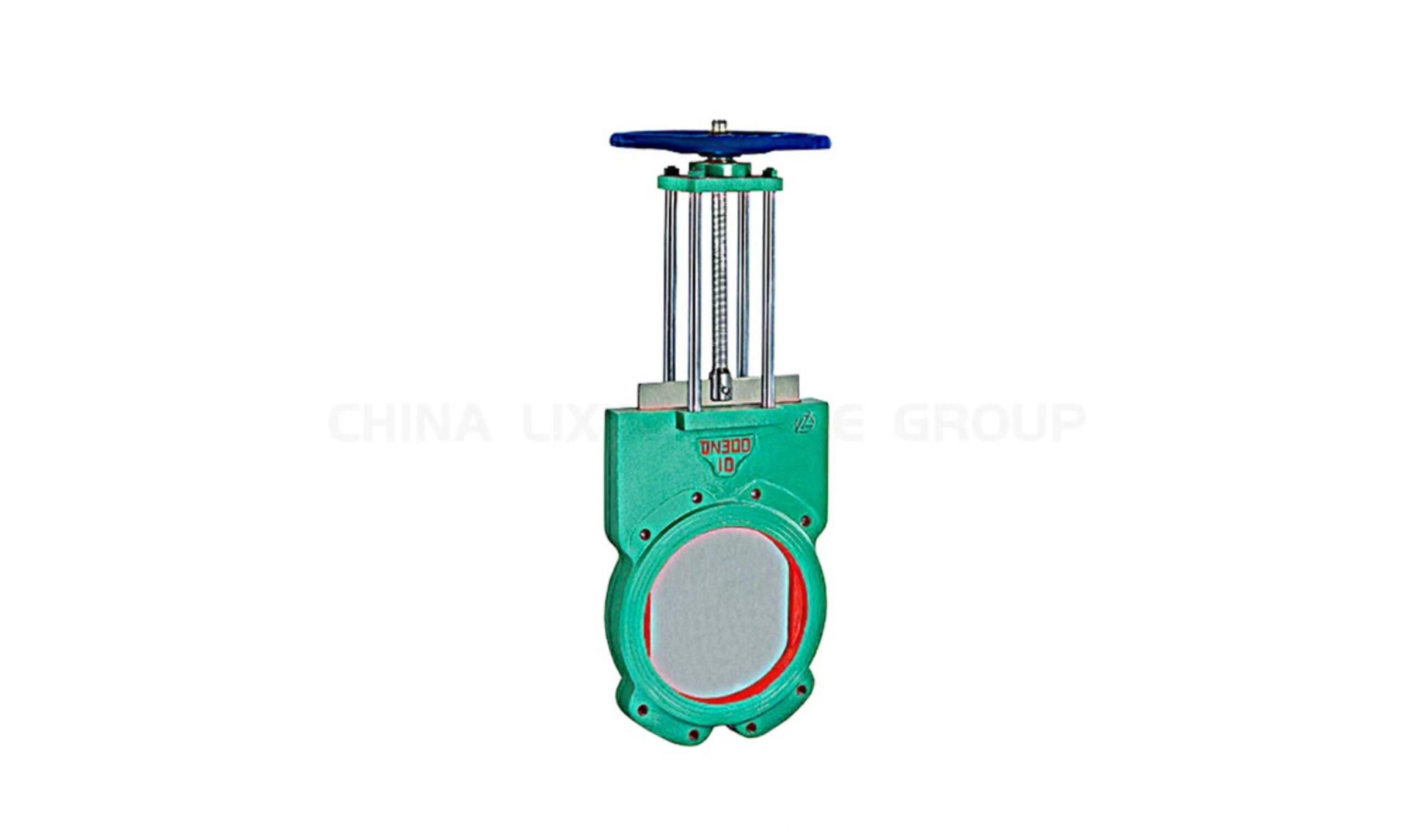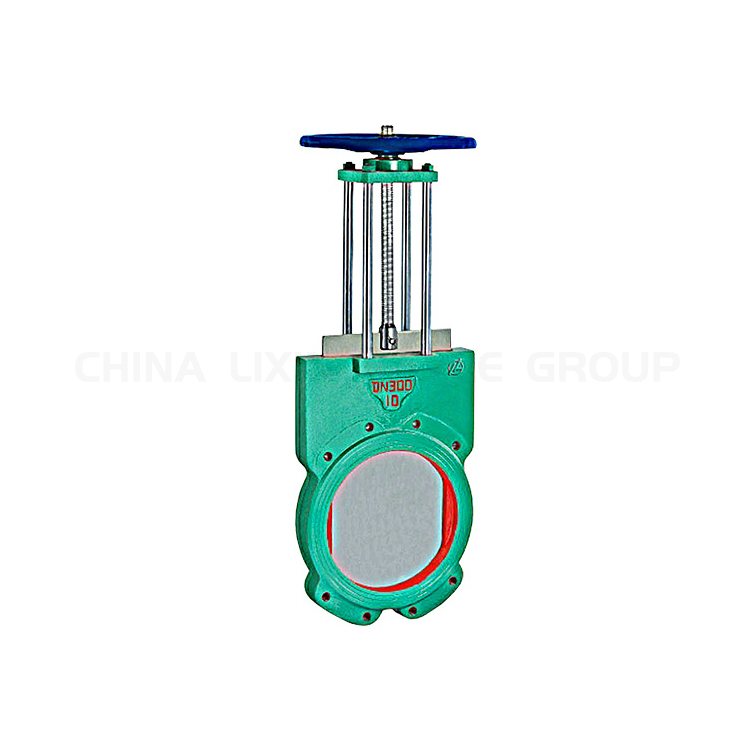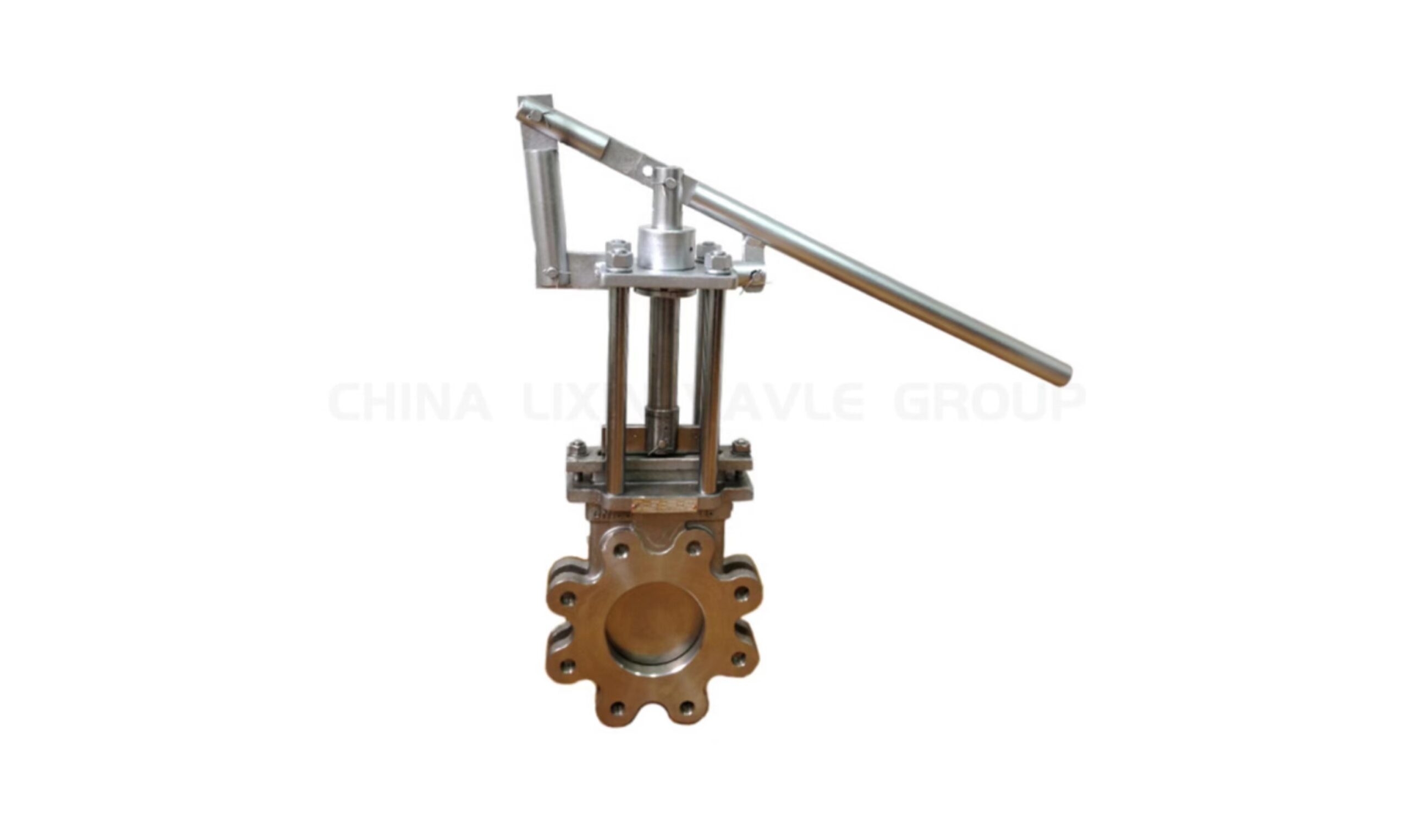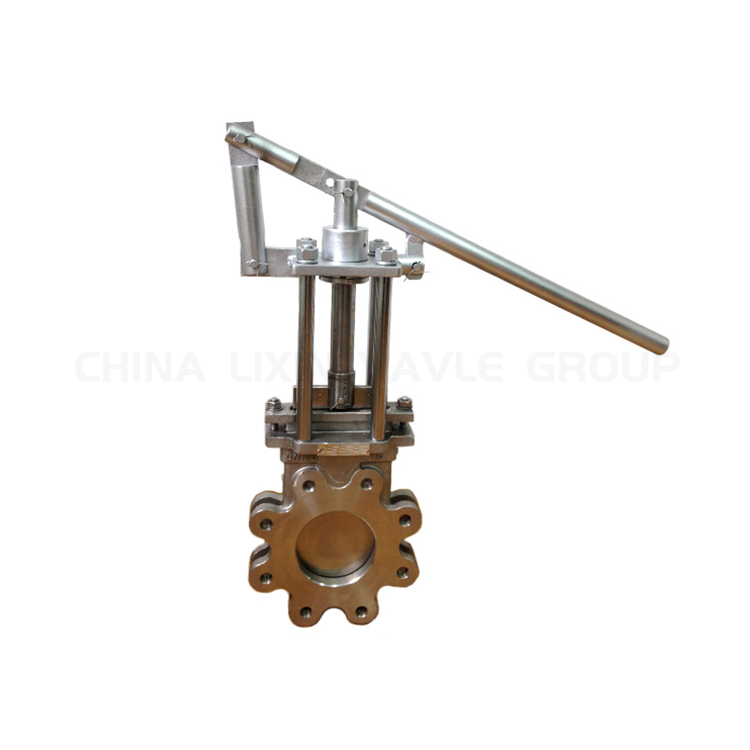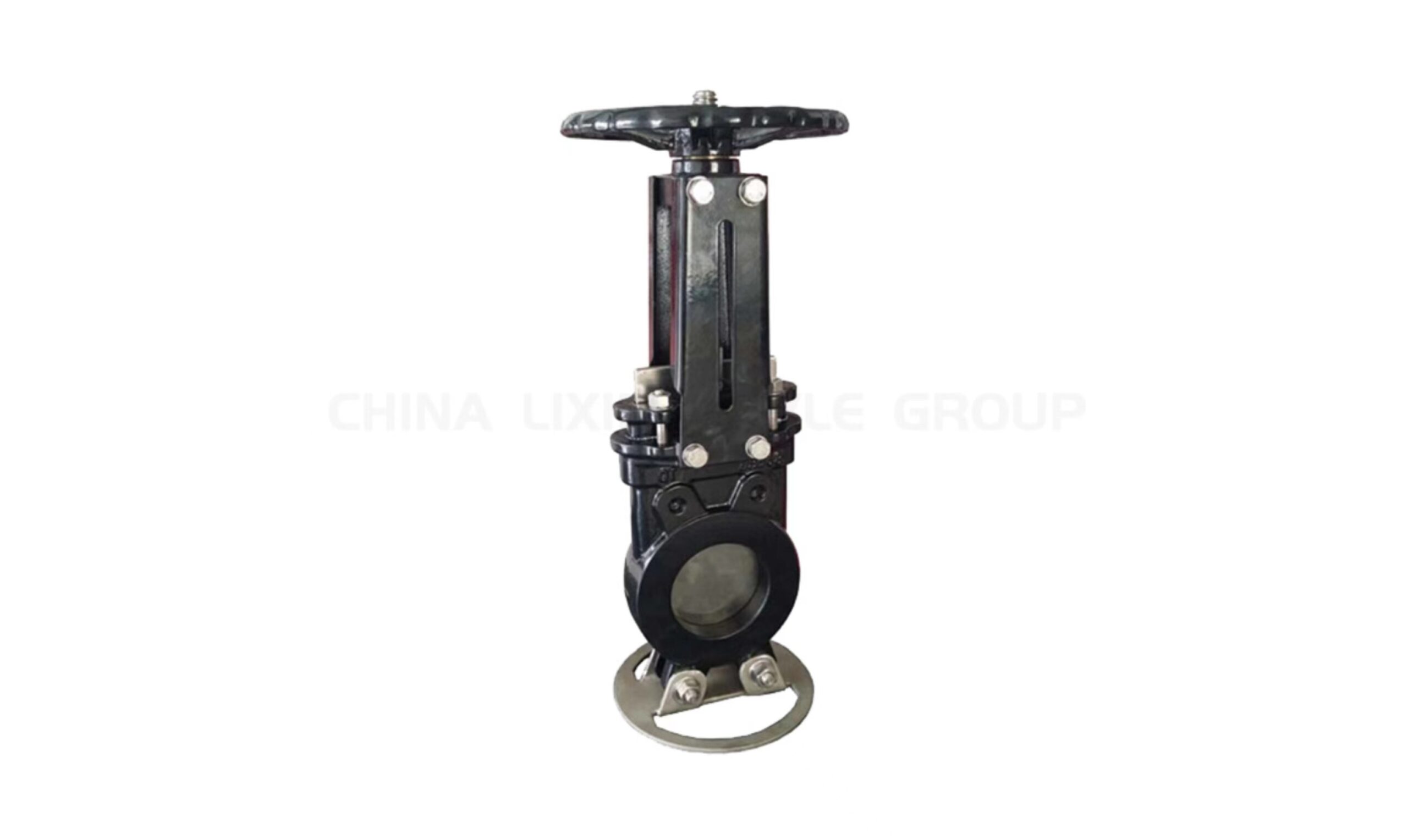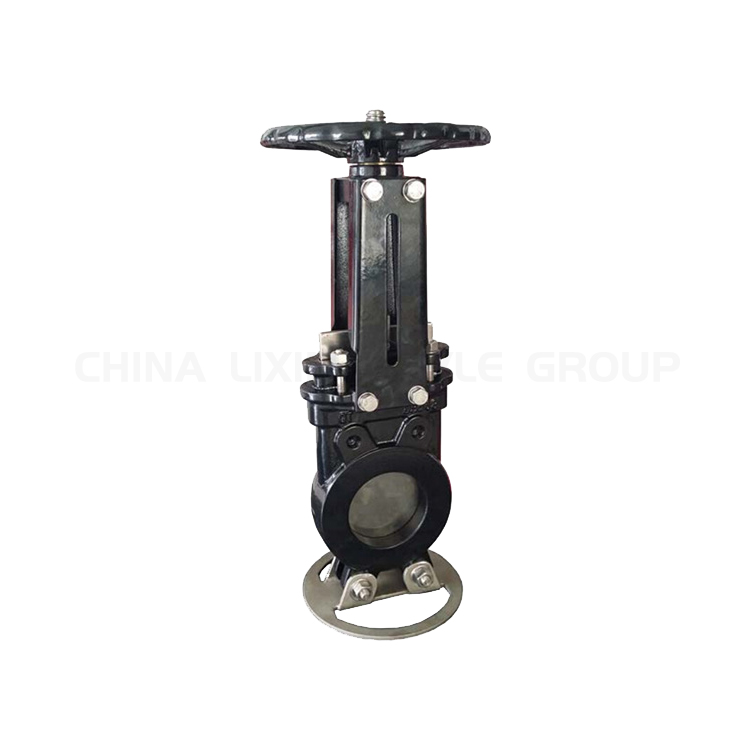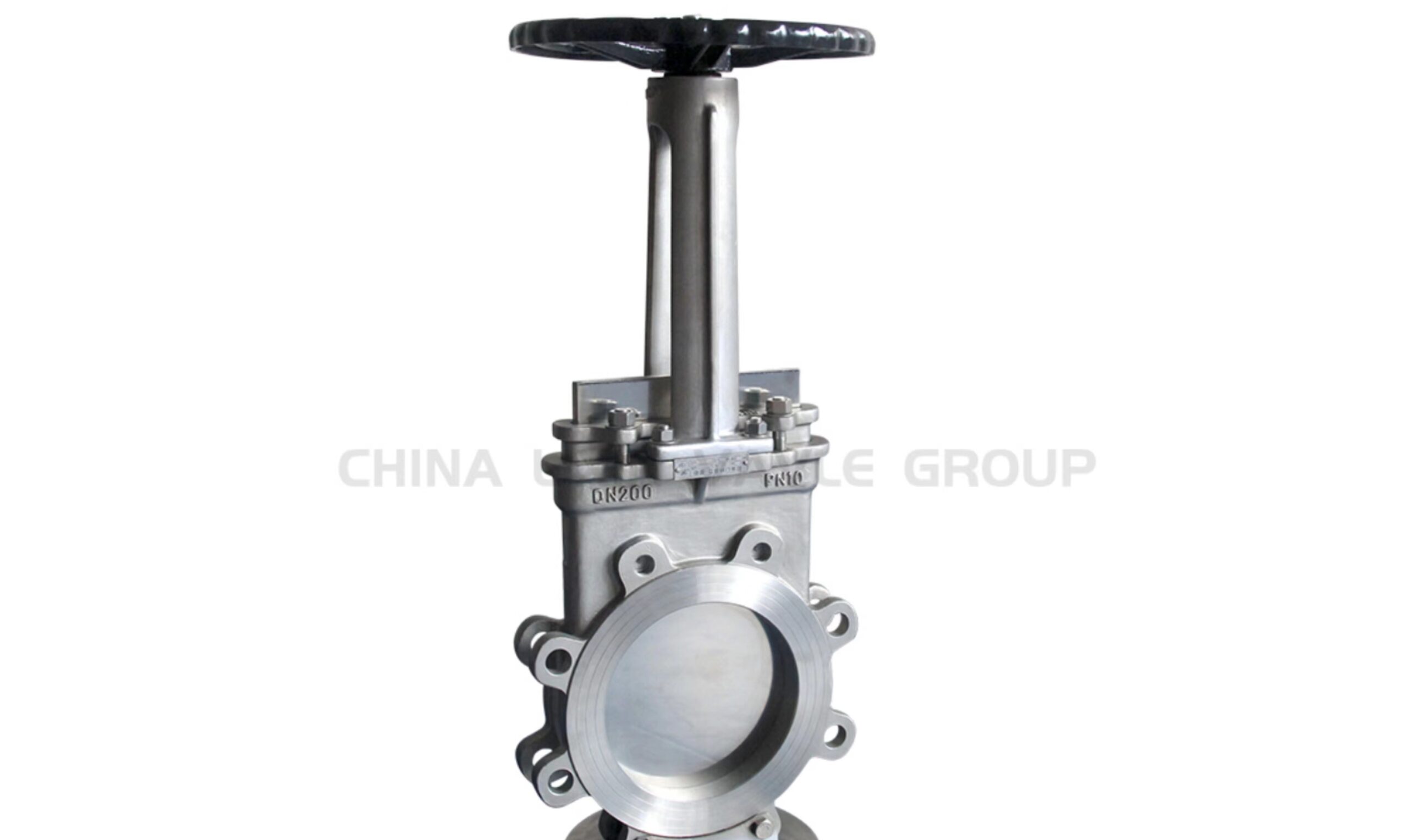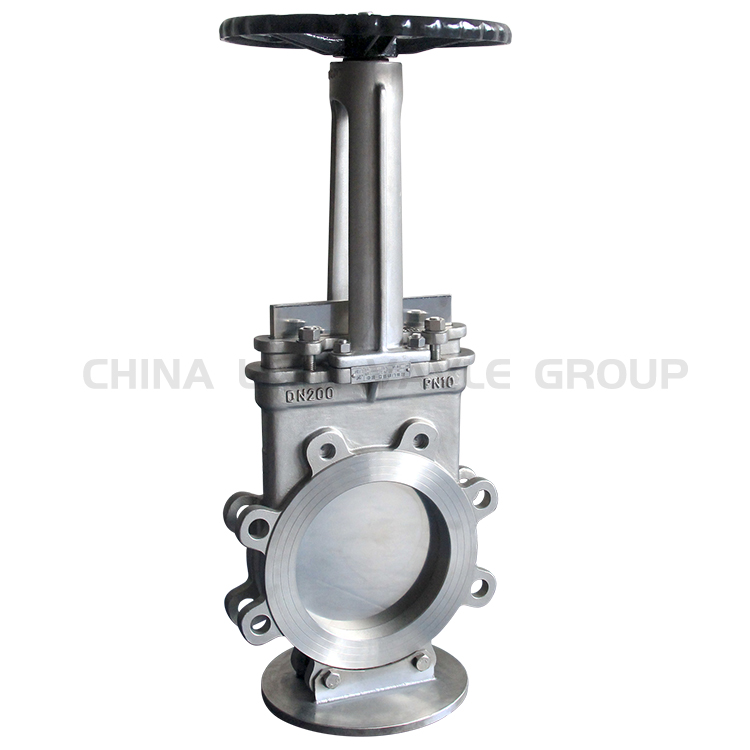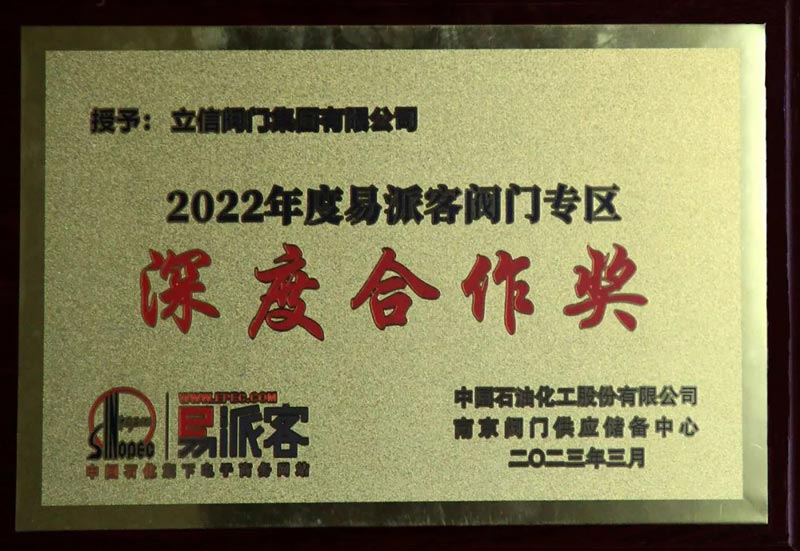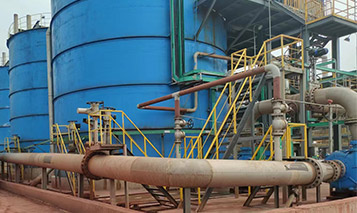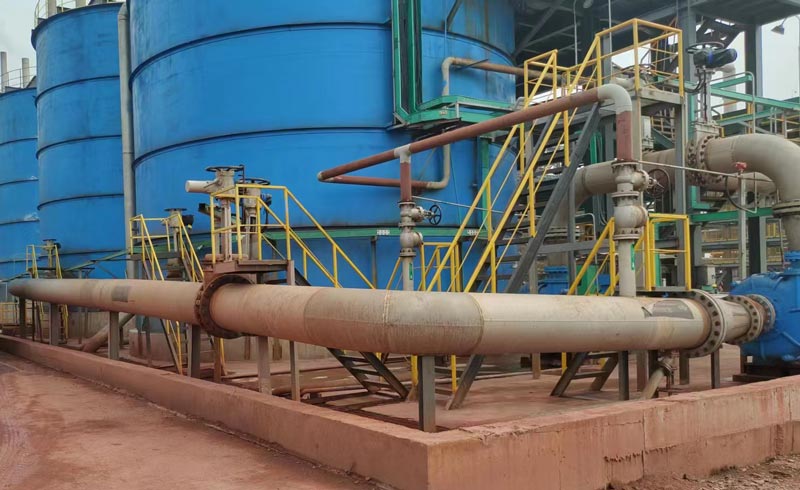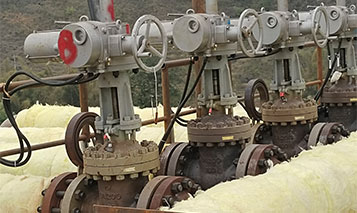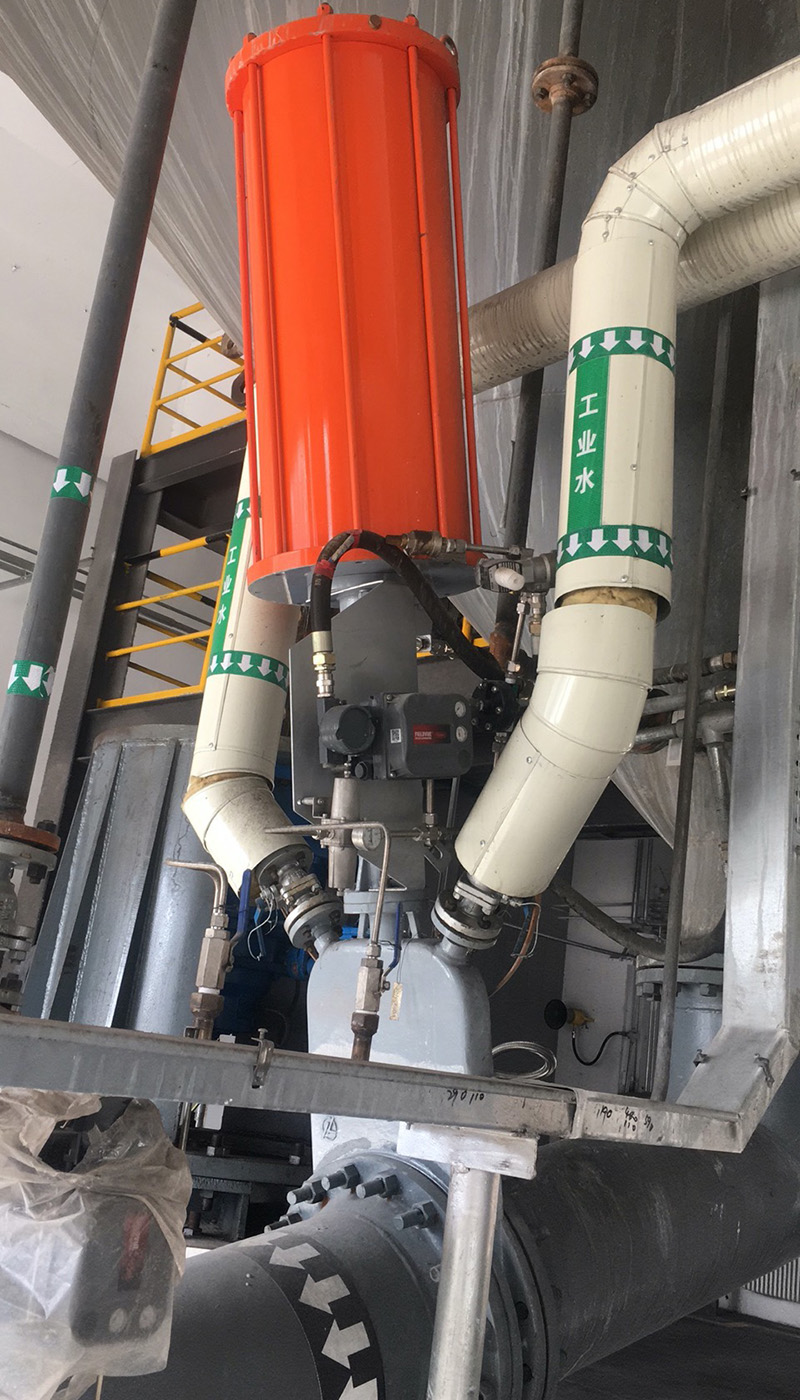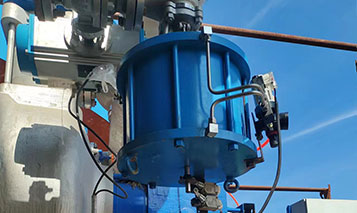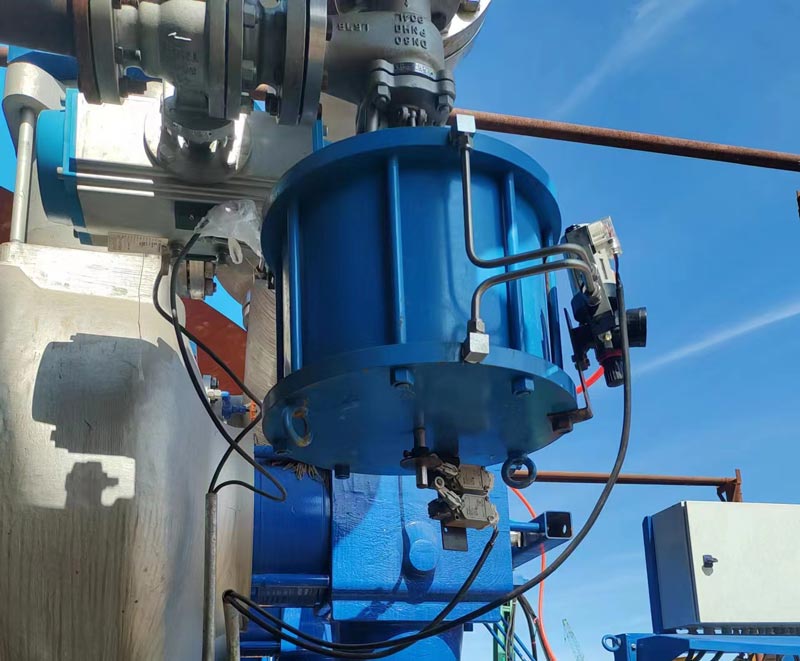Valves hold immense significance in the realm of industrial and commercial applications. They assume a vital responsibility of overseeing the movement, force, and warmth of diverse liquids and gases. From governing the flow of water in public systems to managing the passage of chemicals in factories, valves stand as indispensable constituents that guarantee the smooth and secure functioning of multiple industries.
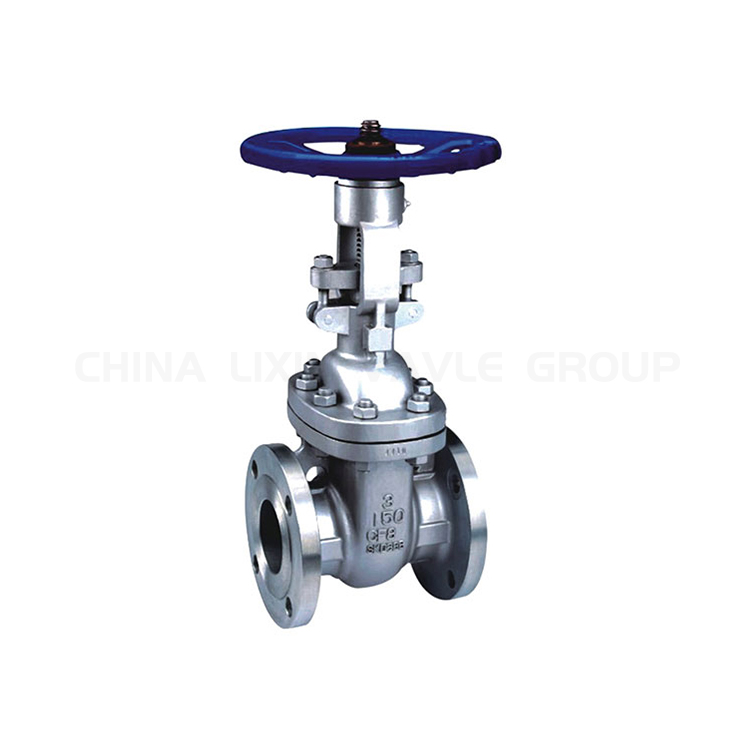
In the realm of general valve production, there exists a group of esteemed manufacturers who have gained recognition for their exceptional skills in design, engineering, and manufacturing. These companies offer a diverse selection of general valves, each meticulously crafted to meet the unique needs of various applications.
Here are some of the key factors to consider when selecting a general valve manufacturer:
1.Reputation and Experience: Choose a manufacturer with a strong track record of success and a reputation for providing high-quality products. Look for companies with extensive experience in the industry and a proven ability to meet the demands of diverse applications.
2.Product Range and Customization: Consider the manufacturer’s product range and their ability to offer customized solutions. A manufacturer with a diverse product portfolio can cater to a wider range of application requirements. Look for customizable options that allow you to tailor the valve to your specific needs.
3.Quality Assurance and Standards: Ensure that the manufacturer adheres to rigorous quality control standards and follows industry best practices. Look for certifications such as ISO 9001 and ISO 14001, which demonstrate the manufacturer’s commitment to quality and environmental responsibility.
4.Customer Support and Services: Choose a manufacturer that provides excellent customer support and services. Look for companies that offer timely technical assistance, responsive after-sales support, and comprehensive documentation and training resources.
Based on these factors, here are some of the leading general valve manufacturers that consistently deliver high-quality products and services:
1.Crane: Known for its long history of innovation and excellence, Crane offers a diverse range of general valves, including ball valves, gate valves, globe valves, and check valves. With a focus on reliability, durability, and performance, Crane’s valves are used in various applications across industries.
2.Flowserve: As a global leader in fluid motion and control technology, Flowserve provides a comprehensive portfolio of general valves, including butterfly valves, control valves, and specialty valves. Flowserve’s valves are renowned for their precision engineering, superior materials, and rigorous testing procedures.
3.Emerson Electric: Emerson Electric is a diversified technology company that offers a wide range of general valves under its Fisher Valves brand. Fisher valves are known for their innovative designs, advanced control capabilities, and ability to handle challenging applications. Emerson’s focus on automation and digital technologies sets them apart in the industry.
4.Pentair: Pentair is a leading provider of water treatment and fluid handling solutions. Their general valve portfolio includes ball valves, check valves, and diaphragm valves. Pentair valves are designed for efficient flow control, leak prevention, and long-term durability. Their valves are widely used in water treatment plants, irrigation systems, and industrial applications.
5.Parker Hannifin: Recognized for its expertise in motion and control technologies, Parker Hannifin offers a diverse range of general valves, including solenoid valves, directional control valves, and pressure relief valves. Parker valves are known for their reliability, compact designs, and ability to withstand harsh operating conditions. They find applications in hydraulic and pneumatic systems, mobile equipment, and industrial machinery.
6.Lixin Valve Group: Lixin Valve Group is a leading industrial valve manufacturer dedicated to providing high-quality valve products and solutions to customers around the world. Lixin Valve Group’s products are widely used in oil and gas, petrochemical, power, metallurgy, paper, water treatment and other industries. The company is known for its superior quality, reliable performance and innovative technology and enjoys a global reputation.

These established general valve manufacturers have earned their reputation through years of dedication to quality, innovation, and customer satisfaction. Their valves are trusted by industries worldwide to ensure reliable flow control, efficient operation, and enhanced safety in countless applications.
When selecting a general valve manufacturer for your project, consider the factors outlined above and research each manufacturer’s product offerings, capabilities, and reputation. The right manufacturer will provide you with the ideal general valve solutions that meet your specific requirements and contribute to the successful operation of your project.




 Request a Quote
Request a Quote
